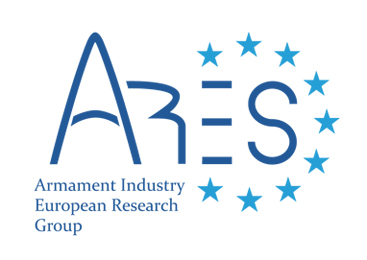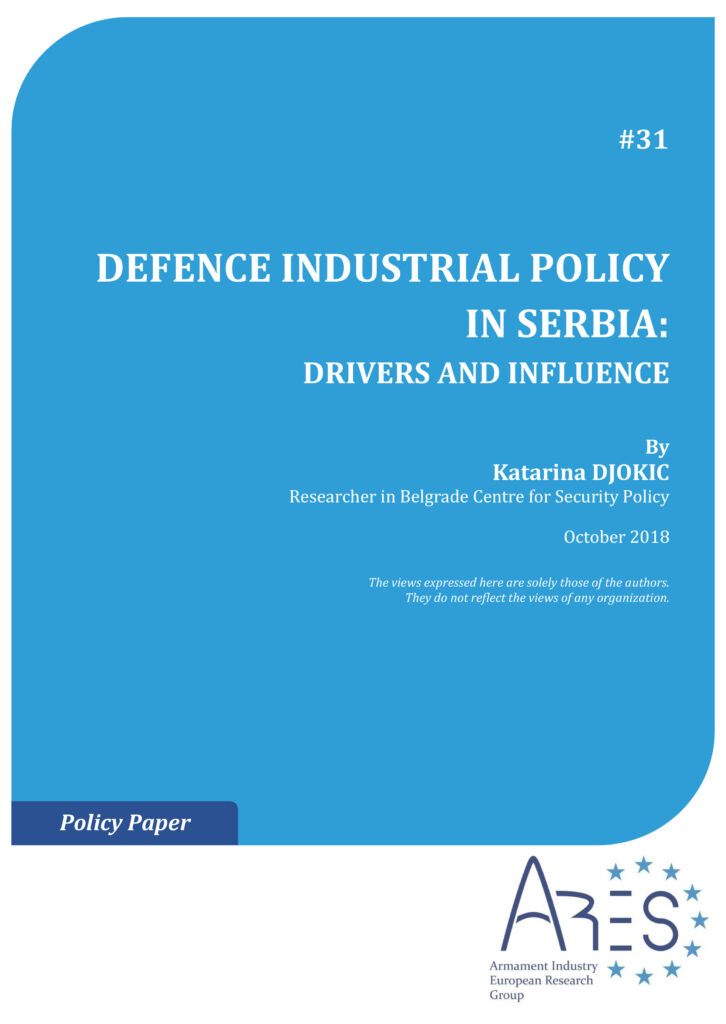
Notes / Ares Group - The Armament Industry European Research Group
8 octobre 2018
Defence Industrial Policy in Serbia: Drivers and Influence

Serbia is a candidate country for the EU membership, with a signed Administrative Arrangement with European Defence Agency and declared interest in strengthening cooperation with the EU members in the field of defence research and technology. At the same time, the core strategic orientation is military neutrality and supporting domestic defence industry is regarded as one of the instruments to pursue this. Nevertheless, Serbia is yet to adopt defence industry development programmes and no coherent policy could be observed in the previous period.
Serbian defence industry is dominated by large state-owned arms manufacturers, managed by the Ministry of Defence. These enterprises have struggled with accumulated debts, unresolved ownership structure and outdated production capacities. In the recent years, the Government has tried to solve these issues through a series of not fully transparent measures, such as conversion of debts into creditors’ shares, favourable loans and direct financial assistance. Furthermore, the new law on arms production authorizes partial privatization of state-owned defence companies, whereas the Government is still required to retain the golden share.
The Ministry of Defence is pushing for modernization of production capacities and enhancing investment in research and development. To this end, Serbia is interested in taking part in joint European projects, but is also open to cooperation with other countries, such as Belarus, Russia and United Arab Emirates. However, investing in new technologies will have to be juggled with efforts to safeguard employment, which seems to be the Government’s primary concern at the moment…






